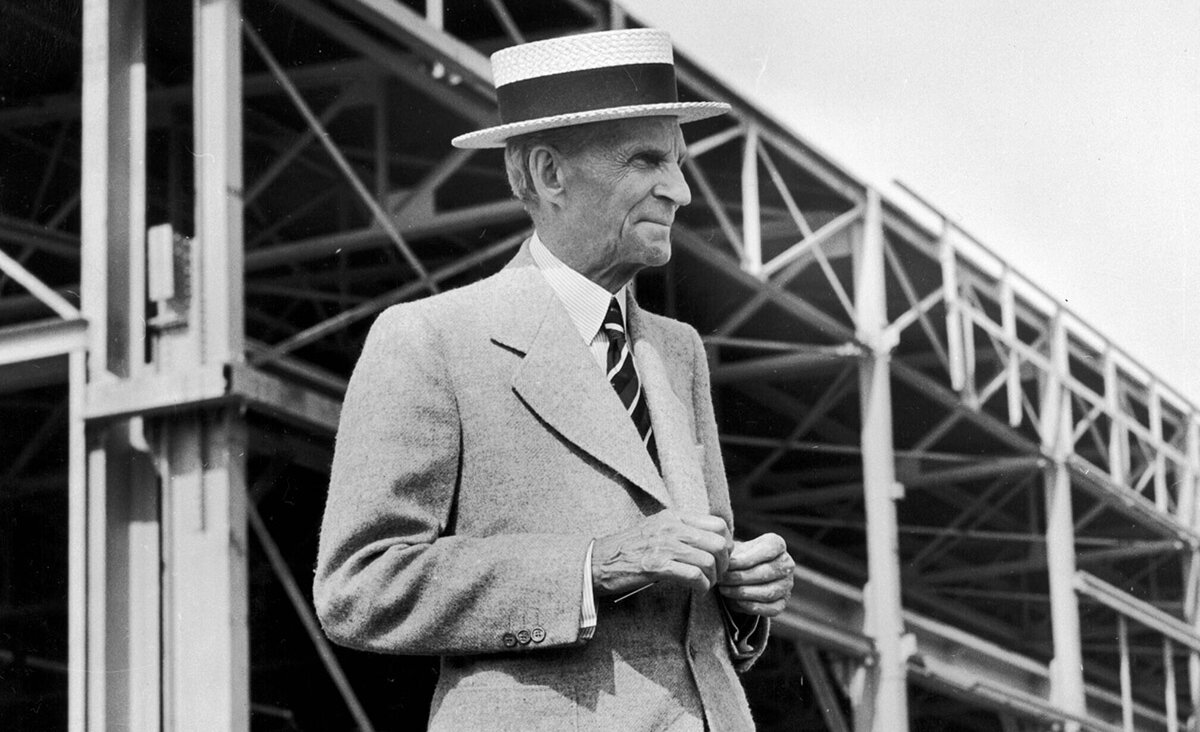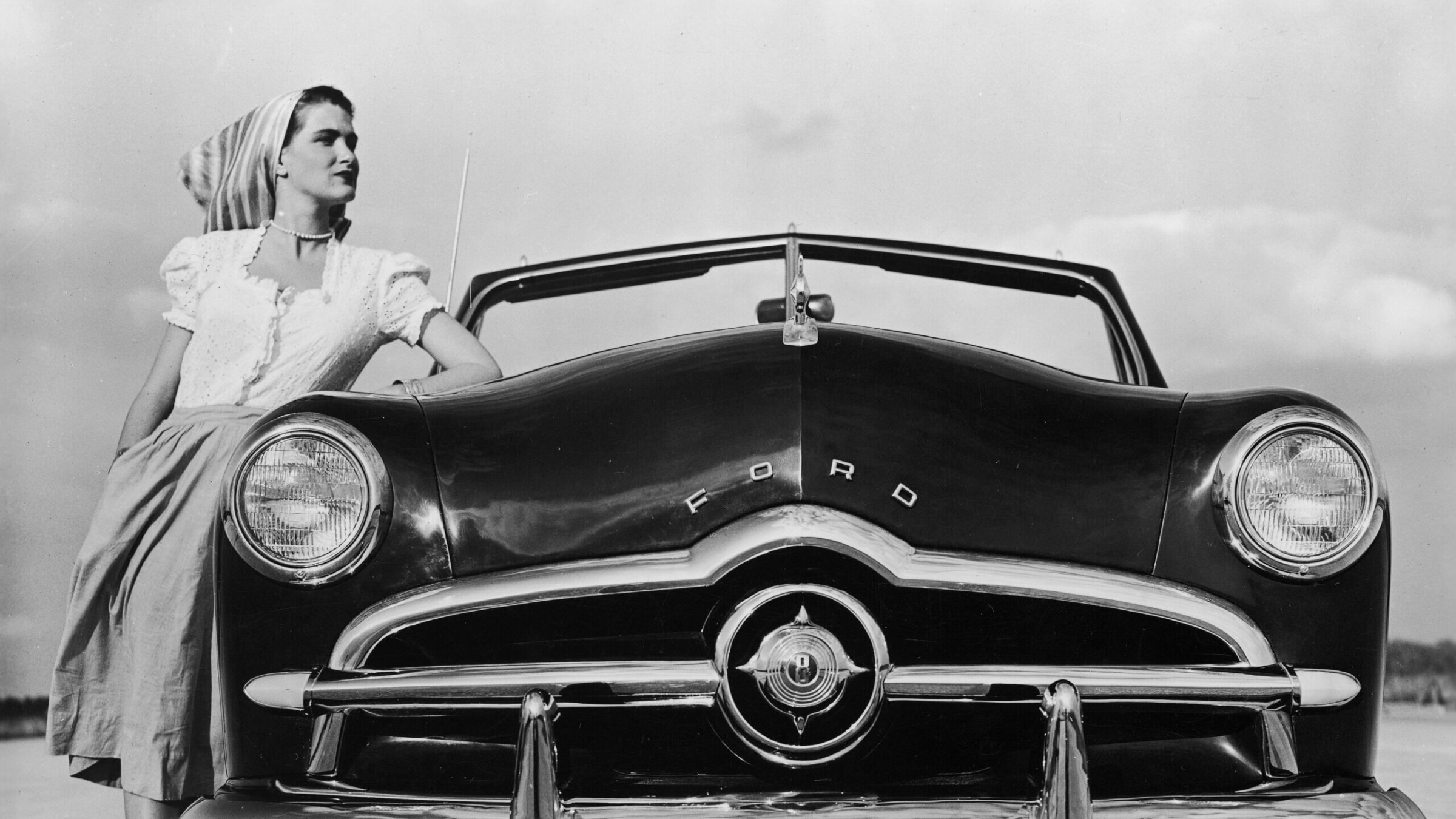Henry Ford’s history with antisemitism to become a movie
A lawsuit filed by a Jewish labor activist in 1925 took down Henry Ford’s antisemitic newspaper in a real-life drama that riveted Americans

A lawsuit filed by a Jewish labor activist in 1925 took down Henry Ford’s antisemitic newspaper in a real-life drama that riveted Americans

Given Henry Ford's notorious record on the Jews, it was heartening to see Ford Foundation president Darren Walker take a principled stand

Updated June 23 In the weeks since protests against racism began after the killing of George Floyd, activists around the world have been toppling statues, either by pressuring public officials or by tearing the monuments down themselves. Activists have naturally focused on memorials to Confederate leaders or others who enacted racist policies, and associate monuments…

President Trump on Thursday praised the “good bloodlines” of Ford Motor Company founder Henry Ford, a notorious anti-Semite, during Trump’s tour of a Ford factory in Michigan. The remark about good bloodlines, an apparent ad-lib in his speech, was criticized by Jewish leaders. “Henry Ford was an antisemite and one of America’s staunchest proponents of…

When Bill McGraw became the editor of the Dearborn Historian last summer, he hoped to grow the audience of the city-funded Michigan journal, which has 230 subscribers and no website. He was not expecting to make national news. But when Dearborn mayor John B. O’Reilly first objected to the cover of the journal’s January issue…

We Jews may be the elephants of religion — if not of politics. We have long, long memories (to wit, we are still fighting over Israel after thousands of years), though those memories may be attenuating through assimilation. I thought of that recently during the Volkswagen emissions scandal. I had never known a Jew who…

Officials in Fort Myers City, Fla., withdrew a proposal to rename a bridge for Henry Ford after residents raised concerns about his anti-Semitic publications. A vote on the proposal had been scheduled for Monday evening but was withdrawn, according to WZVN, the local ABC affiliate. “He really has a very dark history as far as…

In a company where the top jobs frequently go to graduates of Midwestern engineering schools — or to heirs of the founding family — Mark Fields’s rise to the top of Ford Motor Co. was hardly a sure thing. But then, in an earlier era, when the Fields family name was Finkelman and the name…








100% of profits support our journalism